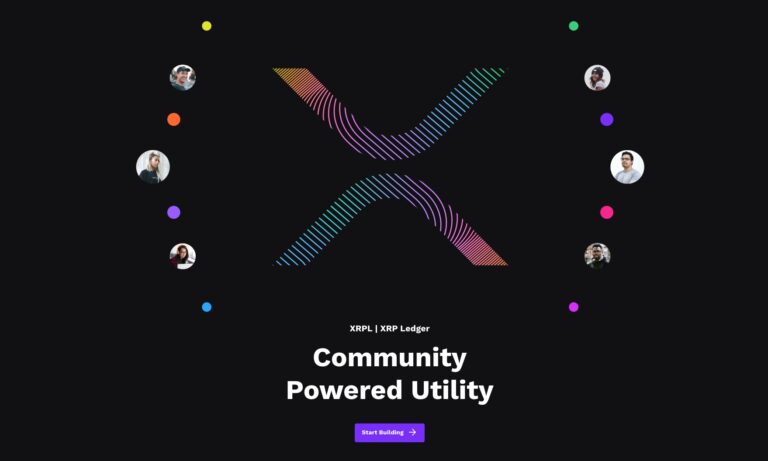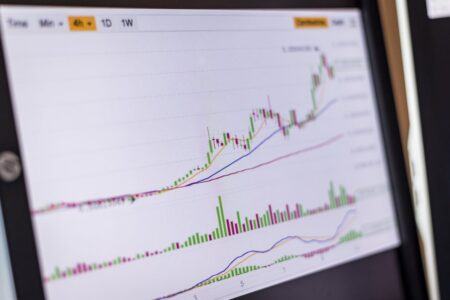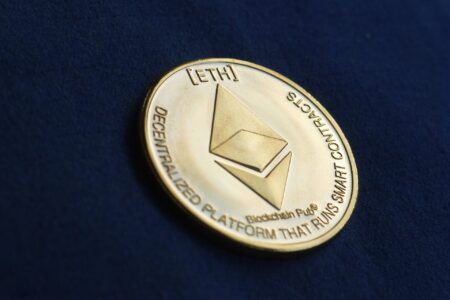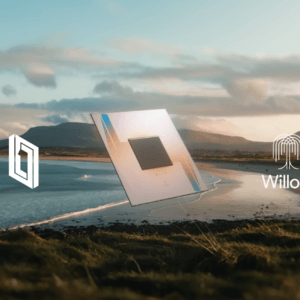Yesterday, Panos Mekras, a well-known blockchain consultant and financial technology expert, shared his optimism about XRP on social media platform X ((formerly known as Twitter).
Panos Mekras is a professional with a solid background in finance and extensive experience in the financial and crypto markets. Holding a BSc in Accounting and Finance, he embarked on his cryptocurrency journey in 2016. In 2020, he established DigitalGen Financial Services, a company focused on educating and consulting individuals and businesses about blockchain technology. He then published a book titled “Understanding the Crypto Economy” in 2022. Continuing his endeavor in the crypto space, Mekras co-founded a startup called Anodos in 2023.
mekras provided a multifaceted rationale for his positive stance, focusing on several key aspects of XRP and its underlying technology.
Mekras emphasized XRP’s efficiency as a decentralized and deflationary currency, integral to the XRP Ledger (XRPL), which he praised for its long-standing track record of over ten years. He referred to the XRP Ledger as the original decentralized finance (DeFi) chain, lauding its introduction of pioneering concepts such as the first decentralized exchange (DEX), stablecoins, tokenization of assets, and blockchain tokens. He also noted the absence of smart contract risks on the ledger.
Further, Mekras highlighted the legal clarity that XRP has received in the United States, where it has been declared not a security (according to a ruling by Judge Torres on 13 July 2023). This declaration, according to Mekras, paves the way for increased usage and development on the XRPL without regulatory concerns, potentially driving demand for both the coin and the network.
He also pointed out the disparity between XRP’s current market capitalization and its perceived potential, suggesting that recent developments and future prospects are not fully reflected in its current valuation.
Mekras was particularly enthusiastic about the evolution and innovation within the XRPL ecosystem. The ledger, initially focused on payments, is evolving into a multifaceted platform supporting various features such as NFTs, Hooks, Automated Market Makers (AMM), EVM sidechain compatibility, Decentralized Identifiers (DIDs), and more. He believes these developments position the XRPL as a powerhouse of blockchain innovation.
The rapid growth of projects building on the XRPL was also a key point in Mekras’ analysis. He noted that hundreds of projects are currently developing on the XRPL, introducing new use cases and ideas that increase network activity and demand for XRP. He anticipates even more growth following the launch of the aforementioned innovations, attracting additional developers and contributors to the ecosystem.
Addressing a commenter’s query about fees generated by the XRPL, Mekras clarified that the XRPL doesn’t generate fees or revenue in the conventional sense, as all transaction fees are burned. He pointed out that the network’s ultra-low fees make it unsuitable as a metric for comparing activity with other networks. However, he directed attention to resources like Messari.io and xrpscan.com for more detailed metrics on network activity.
Mekras also downplayed the significance of Ripple’s role in the XRP ecosystem. He emphasized XRP’s independence, stating that the cryptocurrency existed before Ripple and would continue to do so independently. He acknowledged Ripple’s current large holding of XRP but viewed it as increasingly irrelevant in the face of the growing ecosystem and contributions from other parties.









